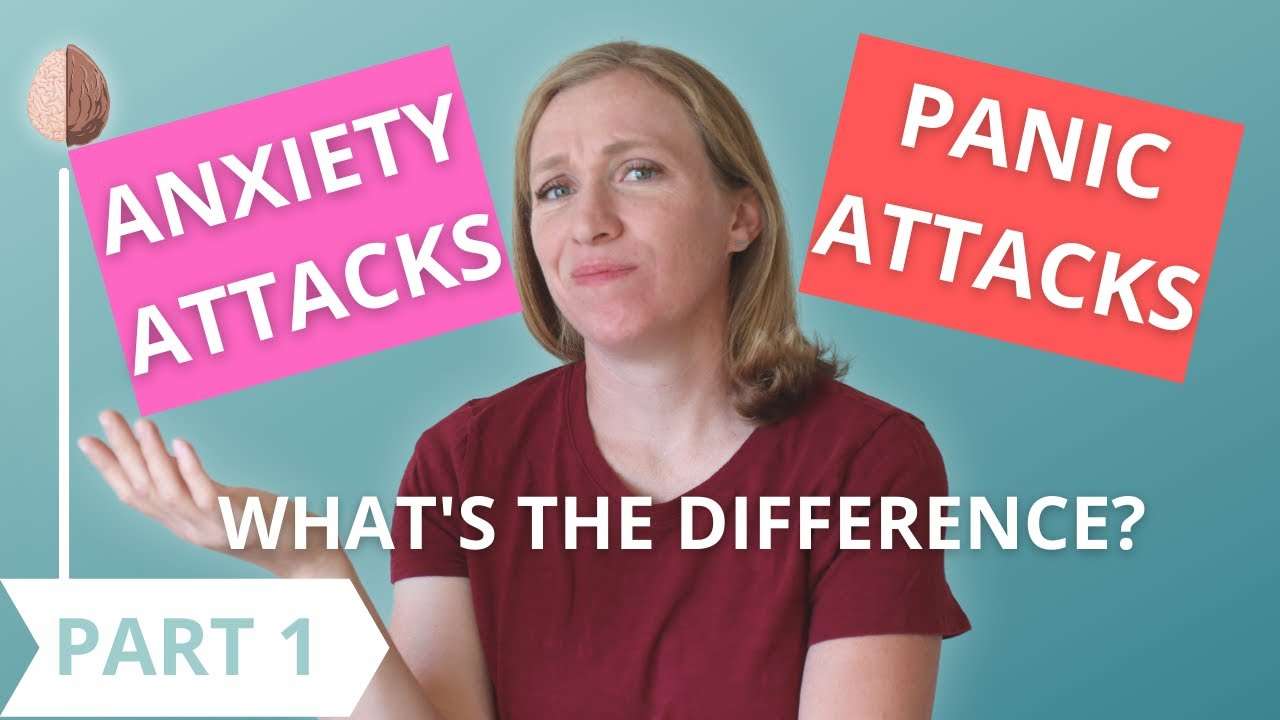Psychotherapy is a process that helps people deal with the pain and internal conflicts that result in depression. It is a form of treatment that can be used to address a wide range of mental health issues. The goal of psychotherapy is to help people learn to cope with their problems in a more effective way, and to make positive changes in their lives.
Psychotherapy: An Overview
Psychotherapy, also known as talk therapy, is a process in which a person talks to a mental health professional to work through difficult emotions, experiences, or behaviors. The goal of psychotherapy is to help the person feel better and function more effectively in their life.
Psychotherapy can be an effective treatment for many different mental health conditions, such as depression, anxiety, post-traumatic stress disorder (PTSD), and more. It can also be helpful for people who are dealing with life transitions or other challenges.
There are many different types of psychotherapy, and the type that is right for you will depend on your specific needs. Some common types of psychotherapy include cognitive-behavioral therapy (CBT), interpersonal therapy, and psychodynamic therapy.
Cognitive-behavioral therapy (CBT) is a type of psychotherapy that focuses on helping people change negative thinking patterns and behaviors that are contributing to their mental health condition.
Interpersonal therapy is a type of psychotherapy that focuses on helping people improve their relationships with others.
Psychodynamic therapy is a type of psychotherapy that focuses on helping people understand the unconscious factors that are influencing their thoughts, feelings, and behaviors.
If you are considering psychotherapy, it is important to find a mental health professional who is a good fit for you. It is also important to be prepared to commit to the process and to be open to change.
The Different Types of Psychotherapy
Psychotherapy is the process of talking with a trained mental health professional to treat a range of mental health issues. It can be an effective treatment for anxiety, depression, and other mental health conditions.
There are many different types of psychotherapy, each with its own approach and techniques. Some of the most common types of psychotherapy include:
Cognitive-behavioral therapy: This type of therapy focuses on changing negative thoughts and behaviors that contribute to mental health issues.
Interpersonal therapy: This type of therapy focuses on improving communication and relationships.
Psychodynamic therapy: This type of therapy focuses on exploring the unconscious mind and early childhood experiences.
Humanistic therapy: This type of therapy focuses on self-growth and personal fulfillment.
Each type of psychotherapy has its own strengths and weaknesses. Some people respond better to one type of therapy than another. It’s important to work with a mental health professional to figure out which type of therapy is right for you.
The Efficacy of Psychotherapy
Psychotherapy is a process of self-discovery and change. The therapist and client work together to explore the client’s thoughts, feelings, and behaviors in order to understand why they are causing distress. The therapist then helps the client develop new ways of thinking, feeling, and behaving that are more adaptive and lead to a better quality of life.
There is a great deal of scientific evidence that supports the efficacy of psychotherapy. In fact, research has shown that psychotherapy is just as effective as medication for treating many mental health conditions. Psychotherapy is also effective in treating physical health conditions that are caused or exacerbated by stress, such as headaches, stomach problems, and high blood pressure.
One of the most important things to remember about psychotherapy is that it is not a “quick fix.” Change takes time and effort. The therapist and client must work together consistently over a period of time in order to achieve lasting results.
If you are considering seeking psychotherapy, it is important to find a therapist who is a good fit for you. It is also important to be an active participant in your treatment. Be honest with your therapist about your thoughts, feelings, and behaviors. Be open to trying new things. And be patient with yourself as you work towards making lasting changes in your life.
The Different Theories of Psychotherapy
Psychotherapy is the process of treating mental and emotional disorders by talking with a therapist. It can help people learn to cope with stress, manage their emotions, and make positive changes in their lives.
There are many different types of psychotherapy, each with its own approach and goals. Some of the most common types of psychotherapy include cognitive-behavioral therapy, interpersonal therapy, and psychodynamic therapy.
Cognitive-behavioral therapy focuses on changing negative thought patterns and behaviors. Interpersonal therapy helps people to improve their communication and relationships. Psychodynamic therapy explores the role of past experiences and relationships in present-day problems.
No one type of psychotherapy is right for everyone. It is important to find a therapist who uses an approach that you are comfortable with and that you feel will be helpful for you.
The Different Techniques Used in Psychotherapy
Psychotherapy is the use of psychological techniques to help people with mental and emotional disorders. There are many different types of psychotherapy, each with its own approach and techniques.
Cognitive-behavioral therapy (CBT) is a type of psychotherapy that helps people to change their negative thinking and behavior patterns. CBT is based on the idea that our thoughts and beliefs affect our emotions and behavior.
Interpersonal therapy (IPT) is a type of psychotherapy that focuses on relationships and how they can affect our mental health. IPT can help people to understand and manage their emotions, and to improve their communication and relationships with others.
Psychodynamic therapy is a type of psychotherapy that focuses on our unconscious thoughts and emotions. This type of therapy can help us to understand our behavior and to make changes in our lives.
Behavioral therapy is a type of psychotherapy that focuses on changing our behavior. This type of therapy can be used to treat a wide range of mental and emotional disorders.
Humanistic therapy is a type of psychotherapy that focuses on our personal growth and development. This type of therapy can help us to become more self-aware and to make positive changes in our lives.
The Different Settings in Which Psychotherapy Takes Place
Psychotherapy takes place in a variety of settings, each of which has its own advantages and disadvantages.
Inpatient psychotherapy takes place in a hospital setting, where the patient is admitted for a period of time (usually a few weeks) and receives around-the-clock treatment. This setting is best for patients who are severely ill and need intensive treatment.
Outpatient psychotherapy takes place in a clinic or office setting, where the patient comes for appointments on a regular basis but does not stay overnight. This setting is best for patients who are less severely ill and who can benefit from more regular, but less intensive, treatment.
Day treatment or partial hospitalization programs are similar to outpatient programs, but the patient comes for treatment during the day and returns home at night. This setting is best for patients who need more intensive treatment than outpatient programs can provide, but who do not need 24-hour care.
Group therapy takes place in a group setting, with multiple patients and one or more therapists. This setting can be helpful for patients who benefit from hearing about other people’s experiences and from sharing their own experiences with others.
Family therapy takes place with the patient and their family members. This setting can be helpful for patients who need to work on issues within their family or who need their family’s support in order to make progress in therapy.
Couples therapy takes place with the patient and their partner. This setting can be helpful for patients who need to work on issues within their relationship or who need their partner’s support in order to make progress in therapy.
The Different Types of Depression
There are different types of depression, and it’s important to be aware of them so you can get the help you need.
Major depression is the most common type of depression. It’s characterized by a loss of interest in activities, feelings of sadness, fatigue, and changes in sleep and appetite.
Persistent depressive disorder (formerly known as dysthymia) is a less severe form of depression that can last for years. It’s characterized by a depressed mood most of the time, along with other symptoms like poor appetite or sleep, low energy, and difficulty concentrating.
Bipolar disorder is a type of depression that involves periods of both depression and mania. Mania is characterized by high energy, racing thoughts, and impulsive behavior.
Seasonal affective disorder (SAD) is a form of depression that typically occurs in the winter when there is less natural light. Symptoms include fatigue, sadness, and social withdrawal.
Psychotic depression is a rare but serious form of depression that involves delusions or hallucinations.
Postpartum depression is a form of depression that can occur after having a baby. Symptoms include sadness, anxiety, and changes in sleep and appetite.
Premenstrual dysphoric disorder (PMDD) is a form of depression that occurs in the week or two before a woman’s period. Symptoms include mood swings, irritability, and fatigue.
Depression can also be caused by certain medical conditions, such as an underactive thyroid gland, cancer, or chronic pain. And some medications, such as steroids or beta blockers, can also cause depression.
If you’re experiencing any of the above types of depression, it’s important to talk to your doctor so you can get the help you need.
The Causes of Depression
Depression is a mood disorder that can be caused by a number of factors. These can include biochemical imbalances in the brain, genetics, life events, and even medical conditions.
Biochemical imbalances in the brain are one of the most common causes of depression. These can be caused by a number of things, including changes in hormones, neurotransmitter levels, and brain structure. Genetics also play a role in depression, as it is often seen in families. This does not mean, however, that if someone in your family has depression, you will automatically get it.
Life events, such as the death of a loved one, divorce, or job loss, can also trigger depression. This is often due to the fact that these events can lead to feelings of hopelessness and helplessness. Medical conditions, such as thyroid problems or cancer, can also cause depression.
It is important to remember that depression is not a sign of weakness. It is a real medical condition that can be caused by a number of different factors. If you think you may be depressed, it is important to talk to your doctor.
The Symptoms of Depression
Depression is a mood disorder that can cause a number of physical and psychological symptoms.
The most common symptoms of depression include:
- Feelings of sadness, emptiness, or hopelessness
- Loss of interest in activities or hobbies that used to bring joy
- Decreased energy or fatigue
- Insomnia or sleeping too much
- Overeating or appetite loss
- Anxiety, irritability, or restlessness
- Difficulty concentrating
- Thoughts of death or suicide
These symptoms can be mild, moderate, or severe and can last for days, weeks, or months. If you are experiencing any of these symptoms, it is important to reach out to a mental health professional for help.
The Treatment of Depression
Depression is a mental illness that can be treated with medication, therapy, and lifestyle changes. If you or someone you know is struggling with depression, it’s important to seek professional help. With treatment, most people with depression can improve their mood and function.
There are different types of treatment available for depression. Medication can be used to stabilize mood and relieve symptoms. Therapy can help identify and work through the negative thought patterns that contribute to depression. Lifestyle changes, such as exercise and healthy eating, can also help improve mood and reduce symptoms.
It’s important to work with a mental health professional to create a treatment plan that’s right for you. Treatment for depression often takes time and patience, but it’s worth it to get the help you need to feel better.



